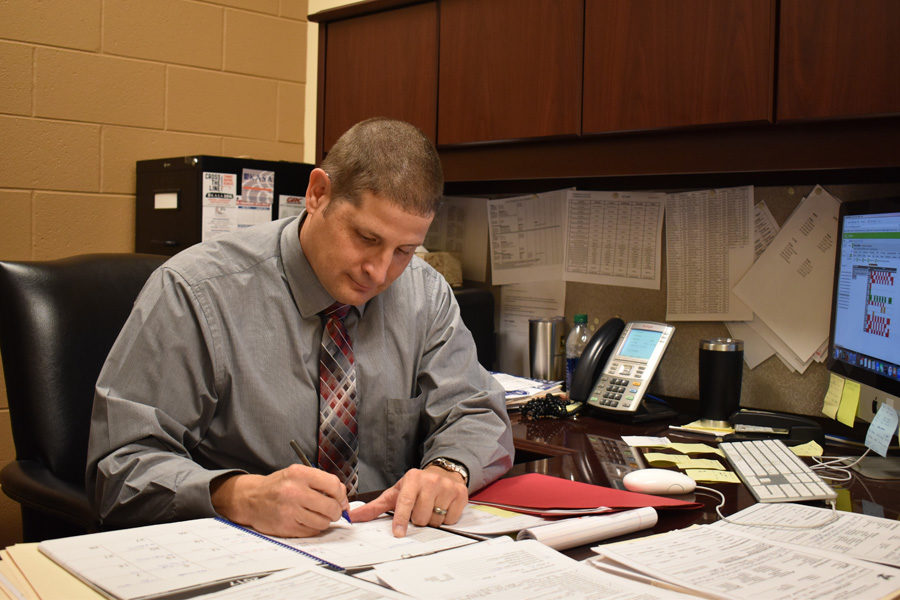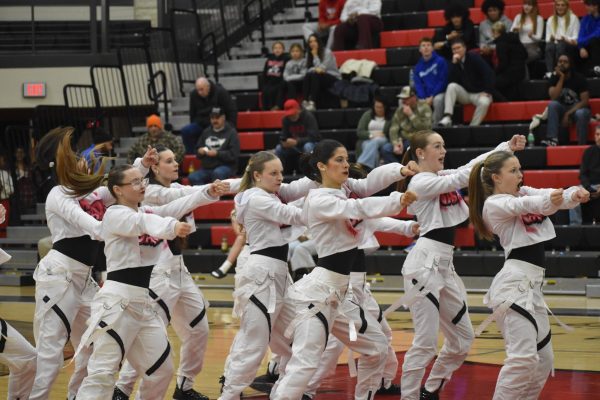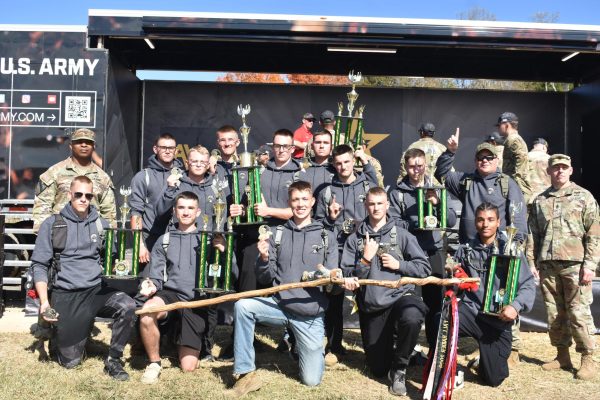Mr. Snell: More Than Just the Discipline Guy
Mr. Snell enjoys being an advocate for students.
Chances are, if you’ve been called to Mr. Snell’s office, you’re probably fearing for your life. Mr. Snell is known to GRC as the disciplinary principal, A.K.A. who you see when you’ve been bad. Although it is Mr. Snell’s responsibility to crack down on misbehavior in our school, he is just doing his job like everyone else. In reality, Mr. Snell works extremely hard to improve our school and truly cares about the well-being of students. We sat down with Mr. Snell to ask him a few questions and found that he really enjoys working with kids as he helps them grow into adults.
Q: What are the highs and lows of a typical day for you?
A: I don’t have too many lows; I really don’t. I like doing what I do. The high points are just getting to work with kids. The other principals don’t get to work with kids as much as I do. I get to work with some kids on an ongoing basis so I really get to know them. I deal with pretty much the same 200 kids all year long.
Q: What’s the deal with the dress code? Are shirts that have sleeves but no shoulders allowed?
A: We had to draw the line somewhere. If it has any type of sleeve, then it’s okay. That is easy to
enforce because if it has a sleeve, then it’s good. I have to be able to look at you and tell if you’re good to go or not. If I have to pull out a ruler and measure your sleeves, then that’s not effective.
Q: Do you ever contact any of the other schools to see what they do about some of the issues we are having?
A: Yeah, we did a lot back when we had the smoking issue. We contacted a lot of people; some would tell us how they solved it and stuff that did and didn’t work. If somebody has something that works and we can afford it, we will try to do it.
Q: How big is the facility at Phoenix Academy?
A: We have slots for 60 kids. If we have more teachers down there, we could probably hold more. They have their own kitchen and cafeteria. They have two counselors, a social worker, and about six or seven teachers.
Q: What would you have done differently as a teacher, knowing what you know now?
A: I think just to take more time, which is hard. If I had to do it all over again, I would probably meet with more kids during my planning, before school, and after school. Most of the time, they just want somebody to listen to them. And if you’re listening, they will tell you their life story. For some of them, it’s not a very good story; their lives outside of school aren’t very good. Some of them make bad choices, and you just have to coach them along. The more I know about a kid and their situation, the more fairly I can deal with their situation.
Q: What advice would you give teachers on how to handle difficult situations with students?
A: Try to understand why kids are acting the way they are. There is always a reason. Sometimes, a kid may not want to tell you. It’s kind of cliché, but it’s all about building relationships with kids. My best relationships are with kids who have the most referrals because those are the kids I see more than anybody.
Q: Do you believe before-school detention is effective?
A: For some kids it works, and for some it doesn’t. The hardest part is that kids have to get here by 7:25. If their parents aren’t able to bring them, then we have no choice but to do ISAP. I would love to have an after-school detention, but money-wise we can’t do it. Transportation home is a huge expense.
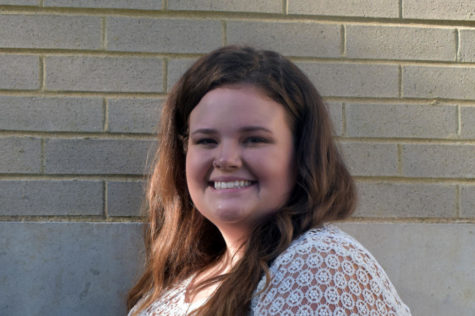
Olivia Montgomery is a Senior and second-year Smoke Signals member. Her favorite animal is a polar bear, her favorite movie is Almost Famous, and she is involved with Y-Club.
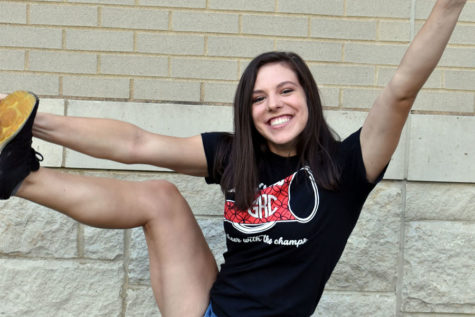
Sydney Miller is a Junior and first-year Smoke Signals member. She binge watches TLC's Say Yes to the Dress and her favorite color is baby pink.


